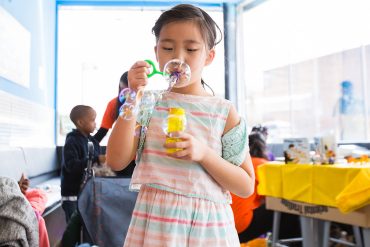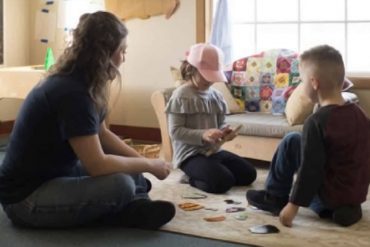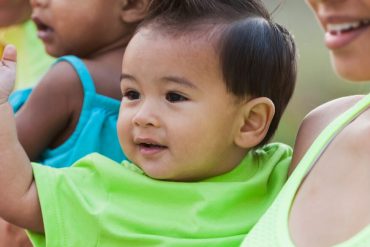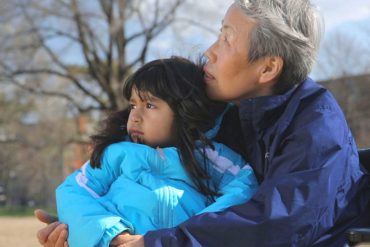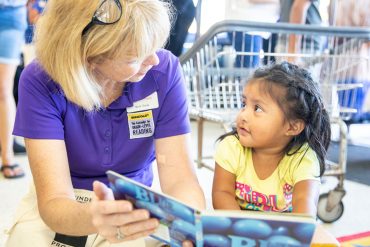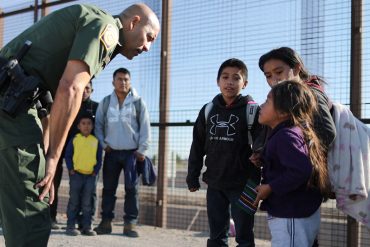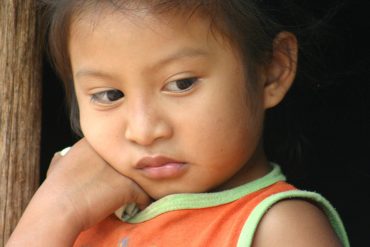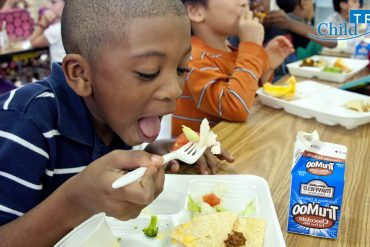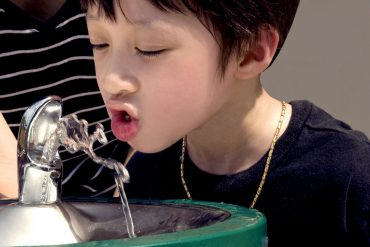Meeting (and Teaching) Families in Unexpected Places Can Transform Cities
Grocery stores, bus stops, laundromats… what’s next?
School is a great place to learn, but it’s not the only place. No matter how excellent our teachers are, no matter how enriching the curricula, school accounts for only about 20 percent of children’s waking hours. That’s why a growing number of education pioneers are building out nontraditional sites for young minds to develop their language skills and to learn about their world.


